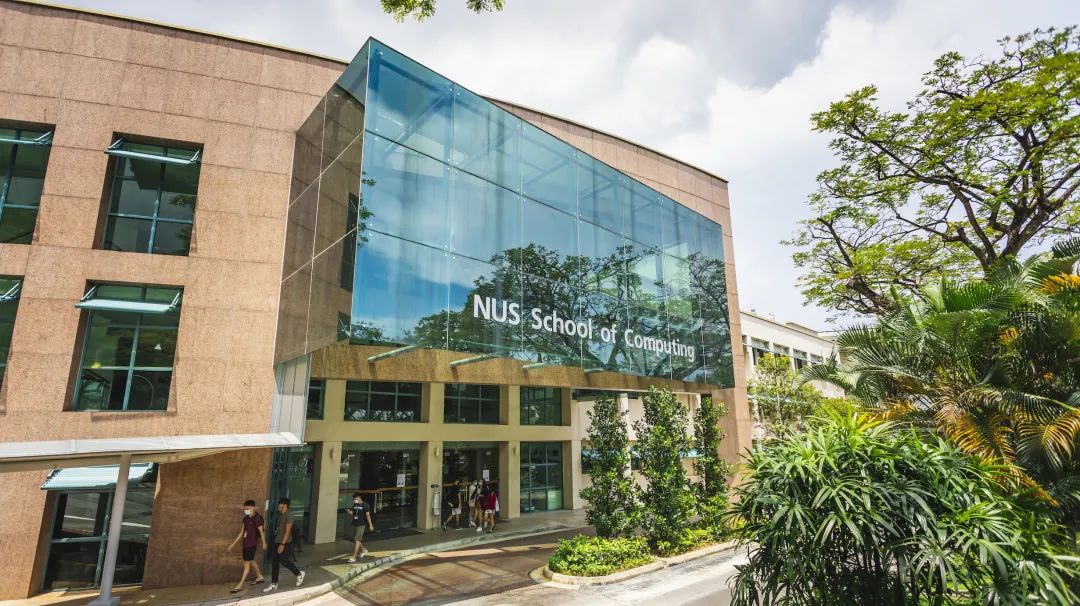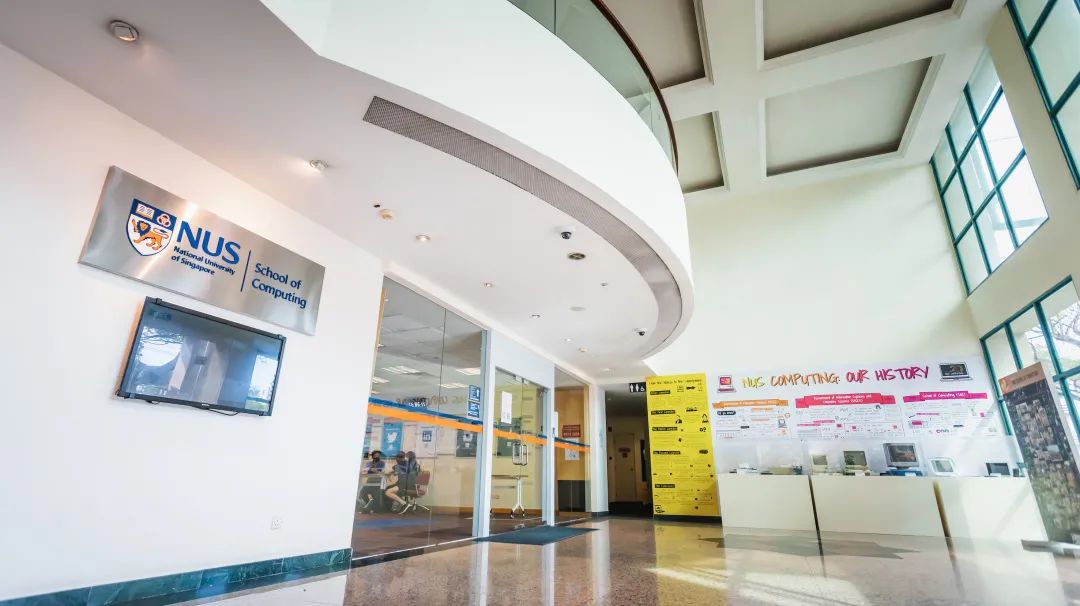Information Technology (IT) has improved by leaps and bounds over the last decade or two, and has become part of everyday life. In workplaces too, it is impossible to avoid the changes that IT has brought about. With digitalisation, there is strong market demand for IT-savvy professionals. Employers are looking to hire not only those with in-depth technical skills, but also individuals who are able combine their industry experience with their IT know-how to provide industry-relevant solutions, innovate as well as improve systems and processes. It should come as no surprise then that a qualification like the National University of Singapore’s (NUS) Master of Computing can help advance a person’s career.
The Master of Computing programme allows students to choose what sub-area they would like to focus on. The four established specialisations in the programme are Computer Science, Information Systems, Infocomm Security and Artificial Intelligence. In Jan 2021, the General Track was introduced.
The General Track is aimed at professionals from non-computing backgrounds, and was designed to help them build a strong foundation in IT so that they can embark on an accelerated career conversion in the computing field.

NUS SCHOOL OF COMPUTING
An undergraduate qualification in IT is not an admission requirement for the Master of Computing — General Track programme. In fact, Assoc Prof Hahn Jungpil, from the Department of Information Systems and Analytics in the School of Computing, explained that the programme was designed from the outset to equip those without an IT background with the required skillset to enter the computing field and develop their careers. He highlighted that a key issue in the computing industry is the need for IT professionals who are able to combine their technical skills with their understanding of an industry.
One example is the rise of the Website User Experience/User Interface (UX/UI) Designer. In the past, website maintenance was limited mainly to the webmaster role; ensuring websites contained information that was timely, accurate and accessible to site visitors. As websites evolved to include various functions like e-commerce and news articles, it became ever more important for the content to be organised in an easy-to-access and attractive manner to engage visitors. This resulted in the need for IT professionals with backgrounds in design, fine arts or even psychology, to design websites to facilitate navigation on the website.
As industries continue to embrace technology and integrate digital transformation into their operations, job opportunities will evolve and the need for multidisciplinary IT professionals who possess industry experience as well as technical skills will increase. In line with this, the School of Computing is training talents with experience in traditionally non-computing backgrounds, through the Master of Computing — General Track programme.
Programme Curriculum
The General Track equips cross-disciplinary talents who have non-computing backgrounds with a foundation in computing, enabling them to apply the computing knowledge learnt through this programme to their respective industries.
The curriculum of the General Track varies slightly from that of the other specialisations; it includes bridging modules as well as a capstone project to be completed before graduation.
The Programme Director, Associate Professor Teo Yong Meng, shared that the bridging modules are intended to help students with non-computing backgrounds to gain competency in the information and communication professions.
The capstone project meanwhile would allow students to apply the skills learnt during the programme to gain hands-on experience. Stretching over two semesters, the capstone project offers students the flexibility to decide what direction they would like to develop their career in: by choosing to take up either an industry internship or a research project on-campus.
Questions from Prospective Students
To provide more insights into the General Track, the following paragraphs collate the answers to some of the more commonly asked questions by prospective students interested in joining this programme.
Q: What kind of academic qualifications and work experience would be considered relevant for admission into the programme?
Each application to join the programme is assessed carefully. Applicants’ academic qualifications as well as their recent work experience are among the many factors taken into consideration. As such, having IT related job experience is advantageous but not compulsory and thus, applicants should highlight experience and education that are relevant to the programme in order to increase their chances of admission.
Q: Would submitting my GRE scores improve the chances of joining the programme?
While scores from recognised standardised testing programmes such as GRE & GMAT are taken into consideration during the application process, they do not guarantee admission into the programme. Many other factors can play a part in whether an applicant is admitted or not: an applicant’s personal statements, work history, academic performance, undergraduate studies as well as interests are taken into consideration during the vetting process.
Q: Are there opportunities to pursue a PhD after completing the programme?
Yes. Graduates from the General Track programme are regarded no differently from their counterparts from the other specialisation options. In fact, one advantage of the General Track is that it has a capstone project module, which could include an attachment to shadow and assist faculty from the School of Computing with their research projects. This option would allow students to learn about a particular subject in-depth and provide them with first-hand experience in conducting scientific research, important pre-requisites for anyone who wishes to pursue a PhD as they provide an indication of one’s capability in conducting doctoral-level research work.

IT Matters
The prevalence of IT in this day and age shows how important this field is. Numerous opportunities are there for people with the skills to take advantage of them.
The Master in Computing — General Track enables individuals without an IT background to enhance their computing knowledge and reposition themselves in their respective industries as IT professionals. To learn more about the Master in Computing — General Track, as well as the various specialisations in the programme, visit Master of Computing.